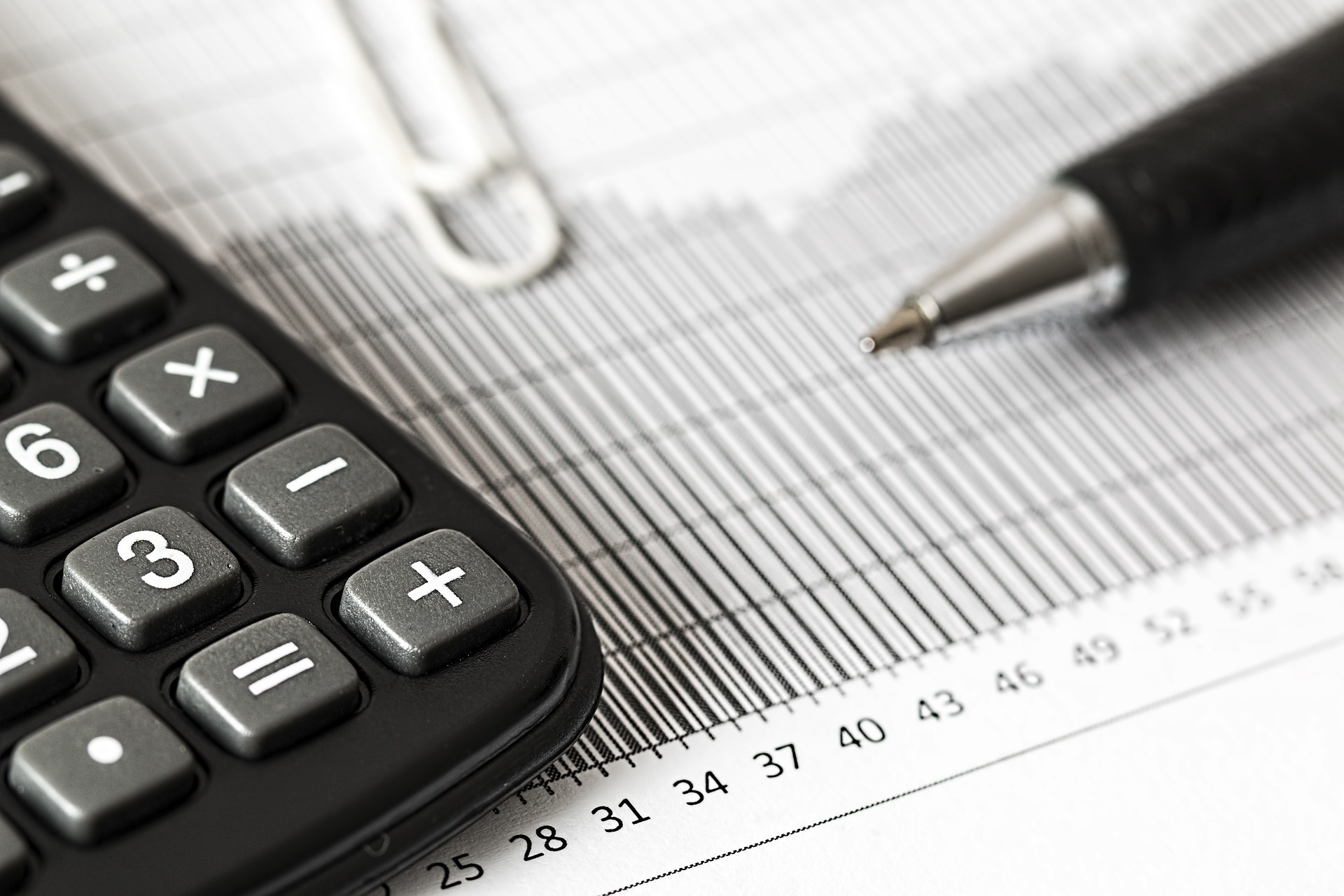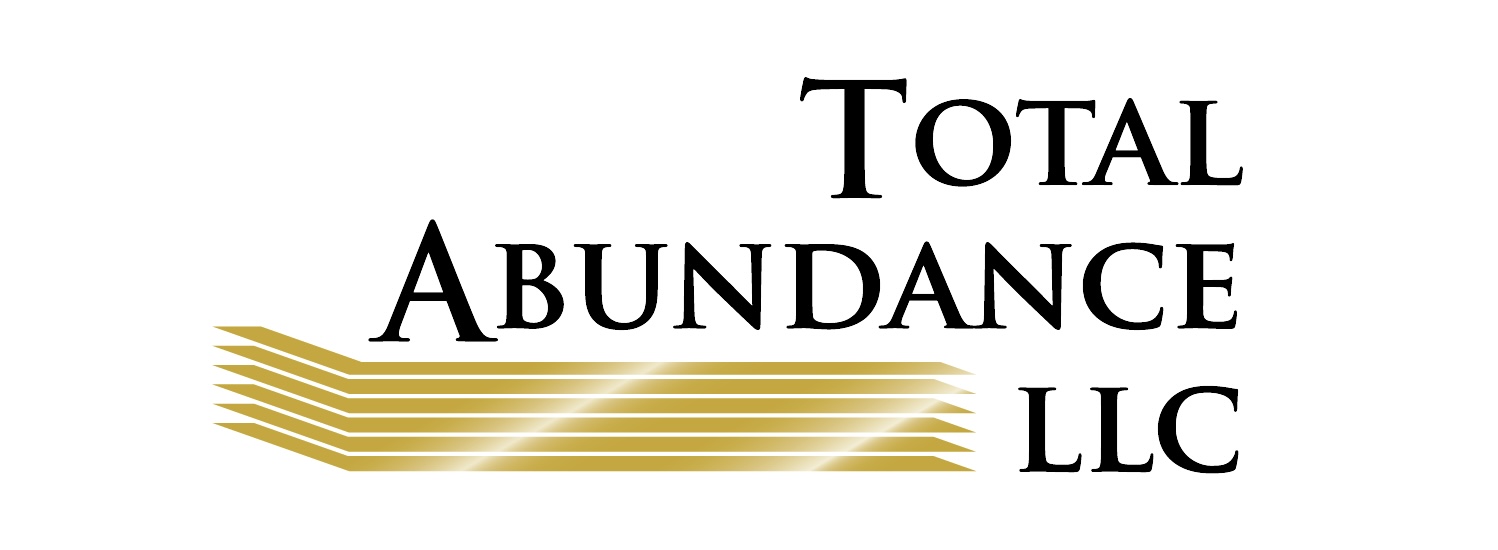Protecting Your Small Business With Proper Insurance Coverage
Learn about small business insurance options, how to assess your needs, and factors affecting insurance costs.

Understanding the Different Types of Insurance Coverage
Assessing Your Business’s Insurance Needs
Factors that Affect the Cost of Insurance Coverage
Introduction
As a small business owner, it’s crucial to protect your assets and investments from potential risks and liabilities. One of the best ways to do this is through proper insurance coverage. Insurance can provide peace of mind and financial security in the event of accidents, injuries, lawsuits, or other unexpected incidents that could harm your business.
However, with so many different types of insurance coverage available, it can be difficult to know where to start. This is why it’s essential to understand the different types of insurance and what they cover, so you can make informed decisions about what is best for your business.
In this blog post, we will take a closer look at the different types of insurance coverage available to small businesses and provide useful information on how to assess your business’s insurance needs. Whether you’re just starting out or looking to update your current coverage, this guide will help you make informed decisions and protect your business from potential risks.
Understanding the Different Types of Insurance Coverage
One of the first steps in protecting your small business with proper insurance coverage is to understand the different types of insurance available. Here are some of the most common types of insurance coverage that small businesses should consider:
General Liability Insurance
This type of insurance covers accidents or injuries to customers or visitors that occur on your business property. It also covers property damage caused by the business. For example, if a customer slips and falls in your store, general liability insurance would cover their medical expenses.
Business Owners Policy (BOP)
A BOP is a combination of general liability and property insurance that is designed for small businesses. It covers equipment, inventory, and buildings in the event of damage from events such as fires, theft, or natural disasters.
Workers’ Compensation Insurance
This type of insurance covers on-the-job injuries to employees. Workers’ compensation laws vary from state to state, so it’s important to understand the requirements and exceptions for your business.
Professional Liability Insurance (Errors and Omissions)
Also known as “malpractice insurance,” this type of insurance covers mistakes or oversights made by the business. It also covers lawsuits and settlements related to professional services. For example, if an architect designs a building that is found to be structurally unsound, professional liability insurance would cover the costs associated with resolving the issue.
Commercial Auto Insurance
If you use vehicles for business purposes, it’s important to have commercial auto insurance. This type of insurance covers liability and collision coverage for vehicles used in the course of business.
Cyber Liability Insurance
With the increasing threat of data breaches and cyber attacks, it’s important to have protection against the costs associated with these incidents. Cyber liability insurance covers expenses related to notifications, investigations, and credit monitoring in the event of a data breach.
By understanding the different types of insurance coverage available, you can make informed decisions about what type of coverage is right for your business. Keep in mind that you may need multiple types of insurance to fully protect your business, so it’s important to consider all of your options.
Assessing Your Business’s Insurance Needs
With so many options available, it can be difficult to know which types of insurance coverage are right for your small business. To determine your insurance needs, consider the following steps:
Evaluate potential risks and liabilities
Take some time to think about the potential risks and liabilities your business may face. This could include anything from accidents or injuries to customers or employees, to lawsuits or property damage. Consider what types of insurance coverage could help protect your business from these potential risks.
Consider the size and type of your business
The size and type of your business will play a big role in determining your insurance needs. For example, a construction company will have different insurance needs than a retail store or a consulting firm.
Review your business operations and processes
Take a closer look at your business operations and processes. Consider any potential liabilities or risks that may arise in the course of your business activities. This could help you identify areas where insurance coverage may be necessary.
Discuss with a trusted insurance professional
Finally, it’s always a good idea to speak with a trusted insurance professional. An insurance agent can help you assess your insurance needs and provide valuable guidance on which types of coverage are right for your business. They can also provide information on how to find the most affordable and comprehensive insurance coverage for your business.
Having the right insurance coverage in place can provide peace of mind and financial security for your small business. By taking the time to assess your insurance needs and speak with a trusted professional, you can make informed decisions and protect your business from potential risks and liabilities.
Factors that Affect the Cost of Insurance Coverage
When it comes to insurance coverage for your small business, cost is an important factor to consider. Here are some of the most common factors that can affect the cost of insurance coverage:
The type and amount of coverage
The type and amount of coverage you choose will play a big role in determining the cost of your insurance policy. More comprehensive coverage with higher limits will typically cost more, but can provide greater protection for your business.
The size and type of your business
The size and type of your business can also impact the cost of insurance coverage. For example, businesses in industries with a higher risk of accidents or lawsuits may have to pay more for insurance coverage.
The location and type of property
The location and type of property used for your business can also affect the cost of insurance. For example, businesses located in high-risk areas such as flood zones may have to pay more for insurance coverage.
Your business’s claims history
Your business’s claims history can also impact the cost of insurance coverage. If your business has a history of frequent claims, your insurance premium may be higher as a result.
Your deductibles
Finally, the amount of your deductibles can also affect the cost of your insurance coverage. Higher deductibles can lower your insurance premium, but will also increase your out-of-pocket costs in the event of a claim.
When shopping for insurance coverage for your small business, it’s important to consider the cost of coverage and what you can afford. It’s also important to weigh the potential costs of a claim against the peace of mind and financial security that insurance can provide. By working with a trusted insurance professional, you can find a policy that meets your needs and fits within your budget.
Conclusion
Having proper insurance coverage is an essential part of protecting your small business from potential risks and liabilities. With so many options available, it’s important to assess your insurance needs, consider the factors that can affect the cost of coverage, and work with a trusted insurance professional to find a policy that meets your needs.
Remember, investing in insurance coverage is a wise decision that can provide peace of mind and financial security for you and your business. Don’t wait until it’s too late to secure the coverage you need. Take the time to explore your options and find the right insurance coverage for your small business today.
With the right insurance coverage in place, you can focus on growing and managing your business with confidence, knowing that you’re protected against potential risks and liabilities.
FAQ
Small businesses should consider General Liability Insurance, Business Owners Policy (BOP), Workers’ Compensation Insurance, Professional Liability Insurance, Commercial Auto Insurance, and Cyber Liability Insurance.
General Liability Insurance covers accidents or injuries to customers or visitors that occur on your business property, as well as property damage caused by the business.
A BOP is a combination of general liability and property insurance that is designed for small businesses. It covers equipment, inventory, and buildings in the event of damage from events such as fires, theft, or natural disasters.
Workers’ Compensation Insurance covers on-the-job injuries to employees. Workers’ compensation laws vary from state to state, so it’s important to understand the requirements and exceptions for your business.
Professional Liability Insurance (Errors and Omissions) covers mistakes or oversights made by the business. It also covers lawsuits and settlements related to professional services.
The type and amount of coverage, the size and type of the business, the location and type of property, and the business’s claims history can affect the cost of insurance coverage.
EMPOWERING ENTREPRENEURSHIP
Ready to supercharge your small business growth?
Join our email list for exclusive content, growth hacks, and industry insights. Stay up-to-date on the latest entrepreneurial trends and take your business to the next level. Sign up for free today!
